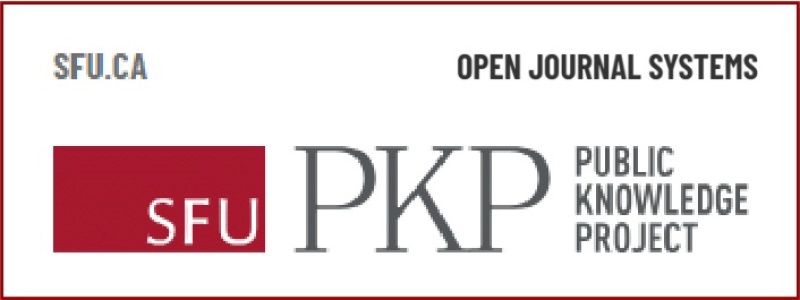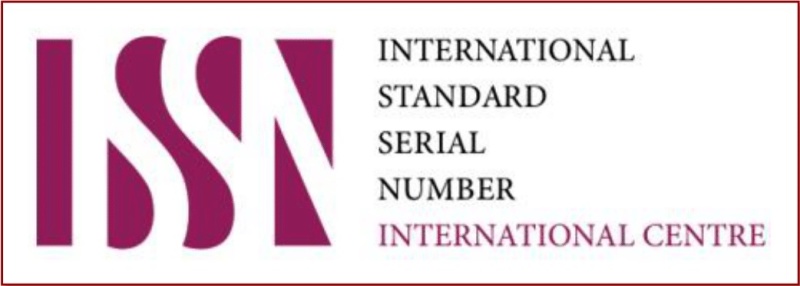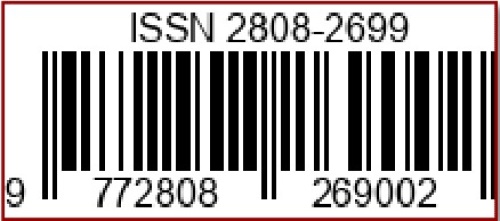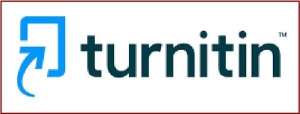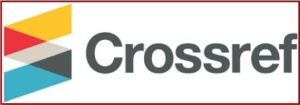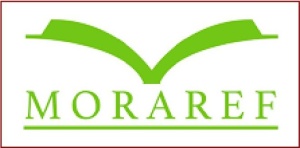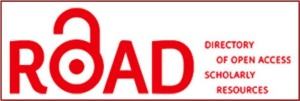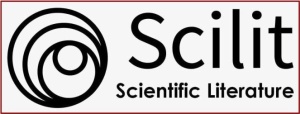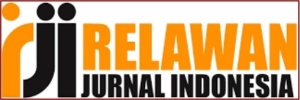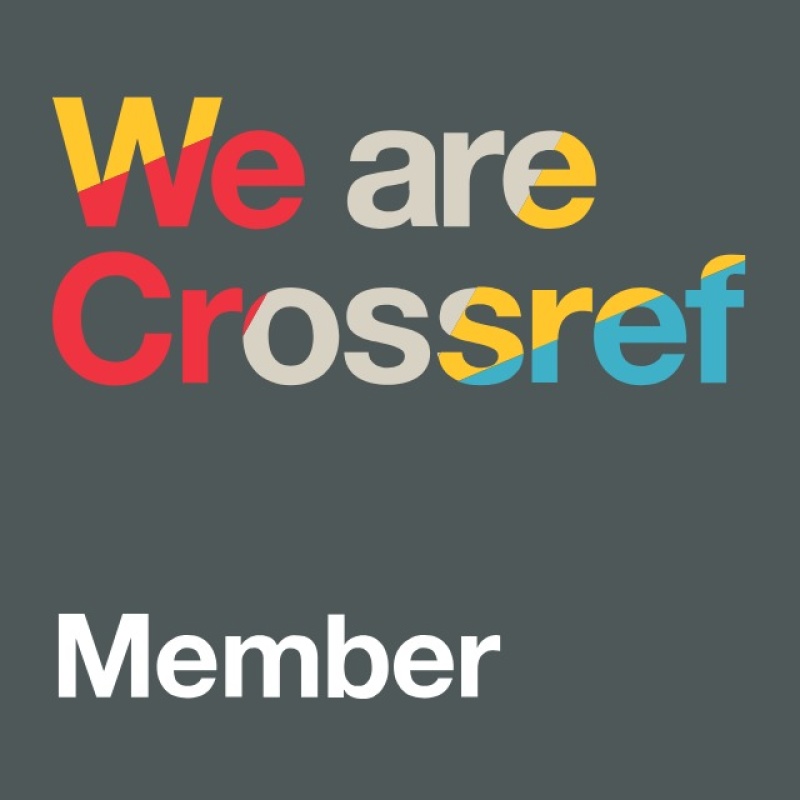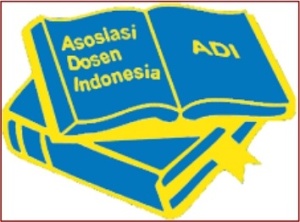Validitas Modul Ekologi Hewan Berdasarkan Hasil Identifikasi Spesies Capung (Odonata)
DOI:
https://doi.org/10.36312/educatoria.v4i1.238Keywords:
Validity, Animal Ecology Module, Species Identification, Dragonflies (Odonata).Abstract
One of the teaching materials that is often used is modules. A module is a unit of learning material that can be studied by students independently. It contains clear components and instructions, so that students can follow it sequentially without teacher intervention. This research aims to determine the feasibility of the animal ecology module based on the results of identifying dragonfly species (Odonata) found in the Jangkok River, Mataram City. The research instrument used was a validation sheet, which includes aspects of format, content, language, simplicity, illustrations, media quality and attractiveness. This type of research is development research (Research and Development) with a 4D model. Based on the results of the analysis of the feasibility of the Animal Ecology Module from the validation results of 3 expert validators and readability tests of 15 respondents (students who have taken the Animal Ecology course) the results obtained were content/material 82%, language 85% and appearance 92.5%, it was concluded that The Animal Ecology Module is declared appropriate and not revised.
Downloads
References
Akbar, M. S. (2021). Efektifitas Belajar Lempar Cakram Menggunakan Media Modifikasi Piring Plastik untuk Meningkatkan Hasil Belajar Siswa Kelas VI SD Negeri 3 Suradadi. Educatoria : Jurnal Ilmiah Ilmu Pendidikan, 1(1), 7-14. https://doi.org/10.36312/ejiip.v1i1.4
Arikunto, S. (2010). Prosedur Penelitian Suatu Pendekatan Praktik (Edisi Revisi). Jakarta: PT. Rineka Cipta.
Gay, L. R. (1990). Educational Evaluation and Measurement: Com-petencies for Analysis and Application, Second edition. New York: Macmillan Publishing Company.
Janiarta, M. A., Safnowandi., & Armiani, S. (2021). Struktur Komunitas Mangrove di Pesisir Pantai Cemara Selatan Kabupaten Lombok Barat sebagai Bahan Penyusunan Modul Ekologi. BIOMA : Jurnal Biologi dan Pembelajarannya, 3(1), 60-71. https://doi.org/10.31605/bioma.v3i1.1030
Masruroh, S. (2023). Pengembangan Lembar Kerja Peserta Didik (LKPD) Berbasis Learning Cycle 7E Bermuatan Keterampilan Abad 21 pada Konsep Sistem Imun Kelas XI SMA/MA. Skripsi. Universitas Islam Negeri Syarif Hidayatullah Jakarta.
Pramana, I. B. W., Fitriani, H., & Safnowandi. (2022). Pengaruh Metode Mind Map dengan Media Komik terhadap Minat Baca dan Hasil Belajar Kognitif Siswa. Biocaster : Jurnal Kajian Biologi, 2(2), 71-87. https://doi.org/10.36312/bjkb.v2i2.68
Pratiwi, S., Dewi, I. N., & Safnowandi. (2021). Respon Siswa Menggunakan Media Pembelajaran Daring Berbasis Aplikasi WhatsApp pada Pembelajaran IPA di Masa Pandemi Covid-19. Panthera : Jurnal Ilmiah Pendidikan Sains dan Terapan, 1(1), 1-11. https://doi.org/10.36312/pjipst.v1i1.3
Sapriyah. (2019). Media Pembelajaran dalam Proses Belajar Mengajar. In Prosiding Seminar Nasional Pendidikan FKIP (pp. 470-477). Banten, Indonesia: Fakultas Keguruan dan Ilmu Pendidikan, Universitas Sultan Ageng Tirtayasa
Sugiyono. (2012). Metode Penelitian Kuantitatif, Kualitatif, dan R&D. Bandung: CV. Alfabeta.
Siswanto. (2011). Pengantar Manajemen. Jakarta: PT. Bumi Aksara.
Thiagarajan, S., Semmel, D. S., & Semmel, M. I. (1974). Instructional Development for Training Teachers of Exceptional Children : A Source Book. Indiana: Indiana University Bloomington.
Wulandari, A. P., Salsabila, A. A., Cahyani, K., Nurazizah, T. S., & Ulfiah, Z. (2023). Pentingnya Media Pembelajaran dalam Proses Belajar Mengajar. Journal on Education, 5(2), 3928-3936. https://doi.org/10.31004/joe.v5i2.1074
Yeni, F. (2021). Validitas Modul Berbasis Problem Based Learning di SMP Negeri 1 Pariangan. Skripsi. Institut Agama Islam Negeri Batusangkar.
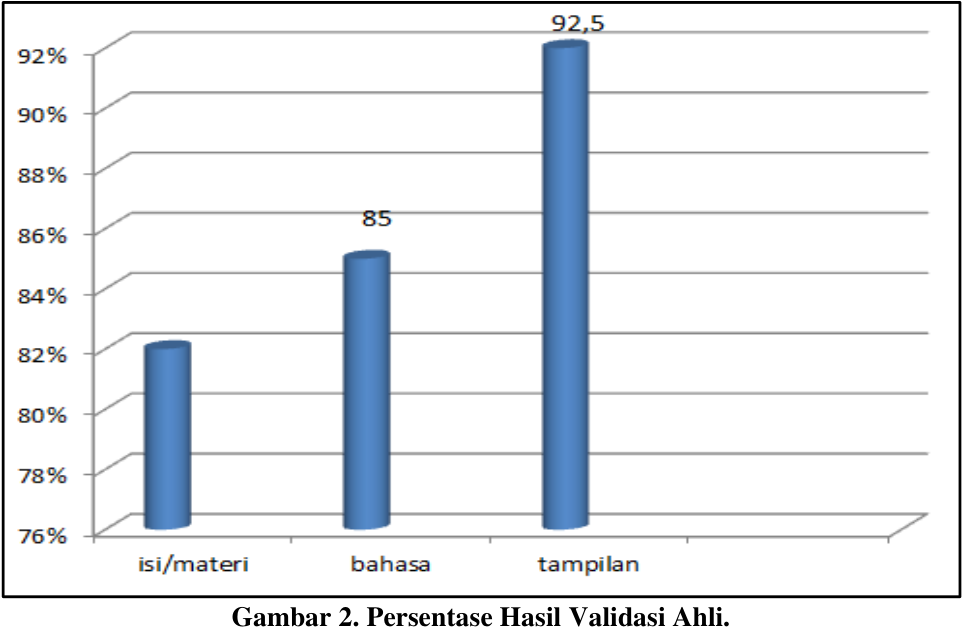
Downloads
Published
How to Cite
Issue
Section
License
Copyright (c) 2024 Andre Wihardi

This work is licensed under a Creative Commons Attribution-ShareAlike 4.0 International License.
-
Attribution — You must give appropriate credit, provide a link to the license, and indicate if changes were made. You may do so in any reasonable manner, but not in any way that suggests the licensor endorses you or your use.
-
ShareAlike — If you remix, transform, or build upon the material, you must distribute your contributions under the same license as the original.

